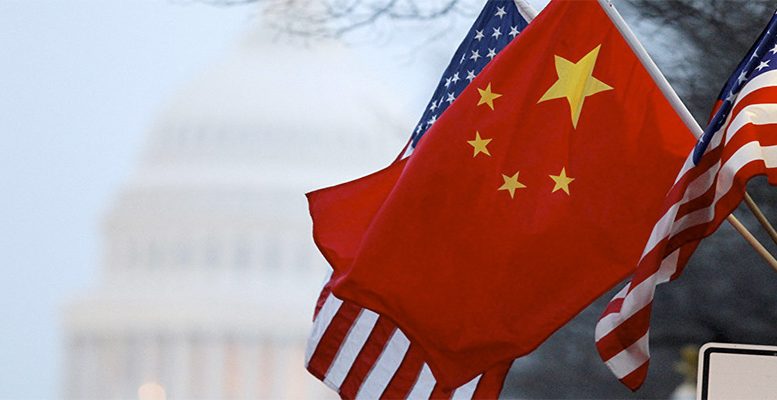Shaun Riordan | US tariffs on 200 Bn$ worth of Chinese imports have been raised from 10 to 25%. President Trump is threatening to impose 25% tariffs on another 300 Bn€ of Chinese goods, virtually all Chinese products sold in the US. So far markets have taken this relatively calmly. Chinese chief negotiator Liu He remains in Washington and in theory negotiations with his US opposite numbers will resume later today. China has announced it will retaliate, but given no details yet. The new tariffs announced last night apply only to products leaving China after the announcement, allowing a short breathing space in which agreement might be reached. But to understand how likely such an agreement might be, markets need a better understanding of China´s, and particularly President Xi Jinping´s, position.
Firstly, it appears that the US negotiators may understand trade issues, but have a culpably poor understanding of Chinese negotiating technique. Trump´s recent outburst of brinkmanship seems to have been provoked by the Chinese backtracking on assurances given in the talks by Liu He. Had the US Department of State not been so recklessly eviscerated, its China experts could have warned the trade negotiators that the Chinese never put decision-makers in the negotiating team. I spent four years of my diplomatic career negotiating with the Chinese over Hong Kong. We knew that whatever might be said during the negotiations, or in private conversations with negotiators in the margins, everything was ad referendum to the real decision makers outside the talks. With better cultural understanding, the US negotiators should have known not to rely too much on what Liu He said in the margins.
Publicly pressuring China in the way that Trump has, forcing them to negotiate under threat, may not be the best way of making progress. The legitimacy of the Chinese Communist Party to govern in China depends not only on delivering economic success, but also on its claim to have ended China´s “century of humiliation” and returned the country to its rightful position as the central kingdom (the meaning of “Zhongguo”, China´s name in Mandarin). Signing a trade deal which appears to have been imposed on China by Trump, in which China has been forced to concede key interests, would undermine that legitimacy.
Xi Jinping´s personal position is even more difficult. On reaching power, he has broken all the guidelines laid down by Deng Xiaoping, the architect of China´s rise, for his successors. Xi has established a personal rule, relegating his colleagues to clearly subordinate roles; he has abolished the time limits on holding senior positions, opening the path to him ruling for life; he has sought to eliminate rivals by launching the most brutal purge of the Communist Party since the Cultural Revolution; and he has pursued an aggressive foreign policy, both through the Belt Road Initiative and militarily in the South China Sea, which has abandoned the previous low key approach which sought to conceal China´s growing power and ambition. But this more aggressive approach, to both leadership and foreign policy, leaves him vulnerable if he fails. He must deliver, or face the backlash.
Xi´s options are limited. He cannot accept the full range of US demands, which would amount to changing China´s economic development model and abandoning the Made in China 2025 plan. It is unclear whether he would survive such humiliation. At the same time, the damage tariffs could do to the Chinese economy could be equally dangerous. The Chinese economy is in a fragile state, propped up by massive injections of public money. Some commentators have suggested that 25% tariffs on all Chinese exports to the US could shave up to 2% of GDP, at a time when China is struggling to meets its target growth of 6% of GDP this year. The US economy, booming despite Trump´s best efforts, looks far better placed to survive a trade war than China´s. Xi´s options for retaliation are also limited. China has already almost exhausted moves against US imports. If Xi wants to respond to the full range of US tariffs, he will need to look for non-trade ways of hurting the US. Administrative barriers to US companies operating in China would be a low key approach, but he might also be tempted to increase cyber operations against the US. The US has once before tried to use trade restrictions to force an Asian power to abandon its strategy. It did not end well.
Xi will still be hoping that he can find minor, and non-face losing, concessions that will allow an agreement that Trump can call a triumph, but which has little enforceable content. In this he may in turn have misjudged the mood in Washington, where even Democrats are urging Trump on. If he can pull it off, global markets will no doubt rejoice. But European markets should keep the champagne on ice. Trump will be tempted to conceal the emptiness of an agreement with China by imposing tariffs on Europe, and especially European car imports. Beating up on the “cheating” Germans plays as well with his base as beating up on the “cheating” Chinese.





